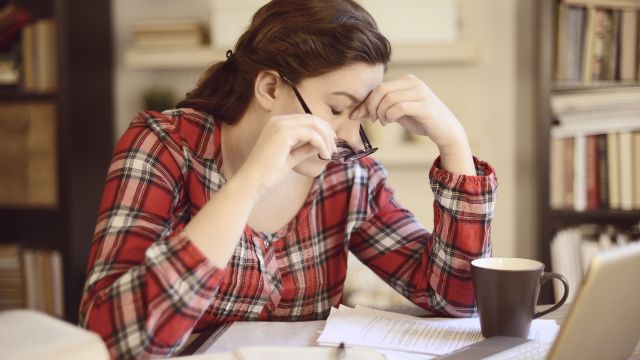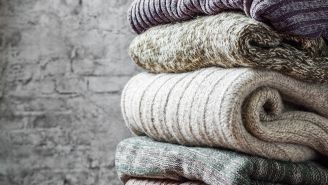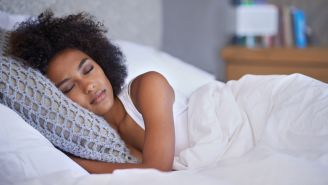We might spend one-third of our lives doing it, yet some of us still aren't terribly clear how it works. We're talking about sleeping. Here are three sleep myths -- and sleep facts -- you should wake up about:
1. "I can make up for sleep loss on the weekends." Many of us are accustomed to feeling tired and losing sleep during the workweek, only to indulge in long lie-ins on the weekend. But, unfortunately, sleep debt isn't so easily repaid. A new study revealed that patients who got only 6 hours or less of sleep during the week, but then crashed for 10 hours or more on both Saturday and Sunday, still showed strong signs of sleep deprivation -- especially men. And they didn't just feel groggy. They showed actual medical markers of lack of sleep -- like bodily inflammation.
2. "I'm probably okay with less sleep, because I don't feel sleepy." It's true that some lucky people are hardwired to need shockingly little sleep. But they are an extremely rare breed. Instead, most folks just misjudge the fact that they’re feeling tired -- maybe even exhausted. A 2003 study of chronically sleep-deprived adults revealed some interesting sleep facts: most short-sleepers had significant cognitive deficits when compared with well-rested peers. But the sleepyheads didn't even realize it.
3. "The only drawback to a short sleep is I'm feeling tired." There's a lot of evidence that chronic sleeplessness hurts your physical, emotional, and mental well-being. In a recent symposium on new sleep research, doctors found lack of sleep was linked to higher risks of everything from obesity to depression. And it's not just adults who need their shut-eye. In children, sleep deprivation is linked to worsening ADHD symptoms.
Get the Sleep Facts
You can improve your sleep hygiene (that's a fancy term for sleep know-how) with simple little changes.






